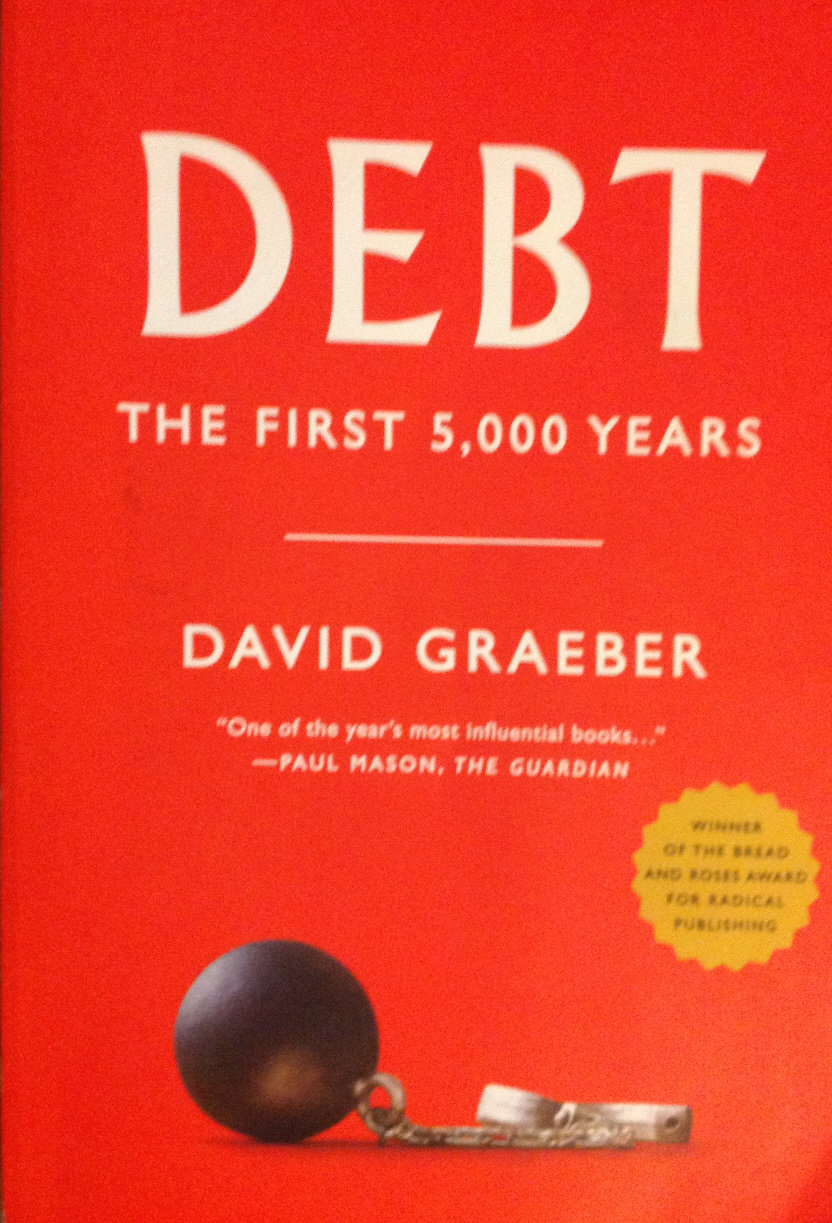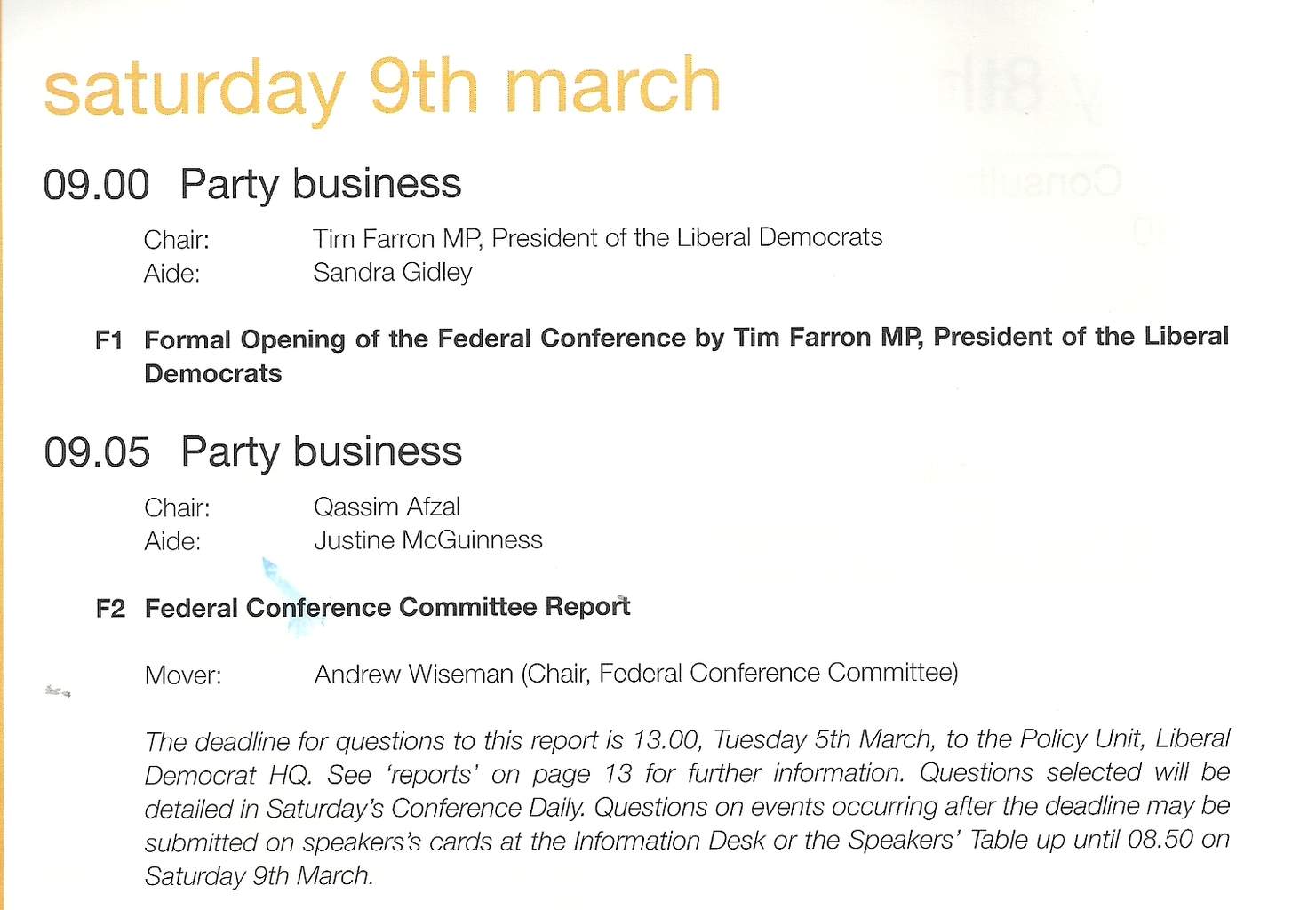The NHS is quite high up the news agenda these days. From the media there seem to be two big issues: culture and privatisation. The mainly right-wing press say that much of the NHS lacks a caring culture and this often leads to a breakdown of service. Left-wingers, and NHS insiders, worry about the new commissioning rules, and whether unscrupulous private companies will bid their way into contracts that destroy what is good about the service. These are both valid concerns, but a third issue should be causing more controversy than it does: funding. Not so much the NHS’s overall budget, though that too is worthy of debate, but how it allocates what it has. Recently the Health Service Journal has highlighted no less than three quite distinct issues on the topic. Politicians should be paying attention.
The first was an opinion article on 14th February by Robert Royce, a visiting fellow at the King’s Fund, the health think tank. His subject was the Mid Staffordshire Foundation Trust: but not the Francis report, but the preceding report by Monitor, its regulator. This report questioned the trust’s financial viability, suggesting that the hospital lacked scale. Hospitals like Mid Staffs are funded mainly through something referred to as “the tariff”, and which used to be called by Orwellian name “Payment by Results”, which was put in place by the New Labour government. This puts a price on every service episode the hospital performs: payment by activity, rather than by results. This system is often portrayed as being a commercial, market type discipline, but the tariff looks like no market tariff that I have ever seen. It is massively complicated, requiring big information systems resources to work.
What the tariff does remind me of is a transfer pricing system to allocate costs internally between two fractious units of the same organisation, who hope that by referring the problem to management accountants they can find an objective resolution. As the accountants grapple with the complexity of the problem they add layer upon layer of detail, in a hopeless quest to replicate the infinite complexities of real life, resulting in something which is nearly useless for management purposes. The system is designed for a political rather than a commercial environment, with the aim of pretending that strategic value judgements are mere technical problems. In the NHS almost all commentators go along with this pretence.
Mr Royce points to one pernicious value judgement in the tariff. It is that emergency services are bad, and elective services are good. Mid Staffs is perfectly viable financially on its elective services, but is being dragged down by losses on its emergency services. What if the tariff were raised for emergency services and lowered for elective, to genuinely reflect the underlying costs? The the hospital’s viability might look altogether different.
The second article was in the magazine’s “Resource Centre” section on 14th March, and is entitled The real reason for “failing” hospitals. It is by Sheena Asthana and Alex Gibson from Plymouth University. This is dressed up a piece of academic data analysis, but it is politically pointed. The authors look at the funding formula for Primary Care Trusts (PCTs: the bodies that fund the hospitals, at least until 31 March), and tries to correlate troubled hospitals and underlying population characteristics. They find that there is a strong correlation between hospital stress and a high proportion of older people in their catchment area. Their claim is that the funding formula is diverting financial resources away from these areas of greater need towards areas that are less wealthy – and this is the fundamental reason why so many hospitals are failing.
The last government was obsessed with addressing “health inequalities”, an expression that I hate because it implies that the solution is making things worse for the better off, rather then improving the lot of the worse off. And if Ms Asthana’s and Mr Gibson’s study is to be taken at face value, that is exactly what is happening. The present government show no sign that they want to address this awkward issue, and, according to the authors, much the same allocation is being ported into the new system.
The third article was another opinion article, this time by accountant (sorry, independent consultant and former NHS finance director) Noel Plumridge on 21st March. This looks at something that has been bothering me. If the NHS budget is protected, and increasing at a rate faster than most people’s pay is rising (2.6% as against 1%), how come so many NHS organisations are under such financial pressure? He finds the figures for next year’s budget less than transparent but concludes that there are no plans to spend a large chunk of the money at all: they are destined for unspent surpluses or contingency funds to “mitigate risk”. These surpluses are a point of difficulty: the individual trusts that make a surplus are supposedly allowed to reinvest them in future years. But under Treasury rules the NHS as a whole must hand the funds back to the Treasury for good. Is this just a backhand way of breaching the promise to ringfence NHS funding?
I only subscribe to the HSJ because I forgot to cancel it after my attempt to find a job in the NHS ended in failure – now I find interesting articles nearly every week. What these three articles show is that there aren’t enough accountants in politics. NHS leaders are being allowed to get away with some highly contentious political policies by dressing them up in complicated accountancy.

